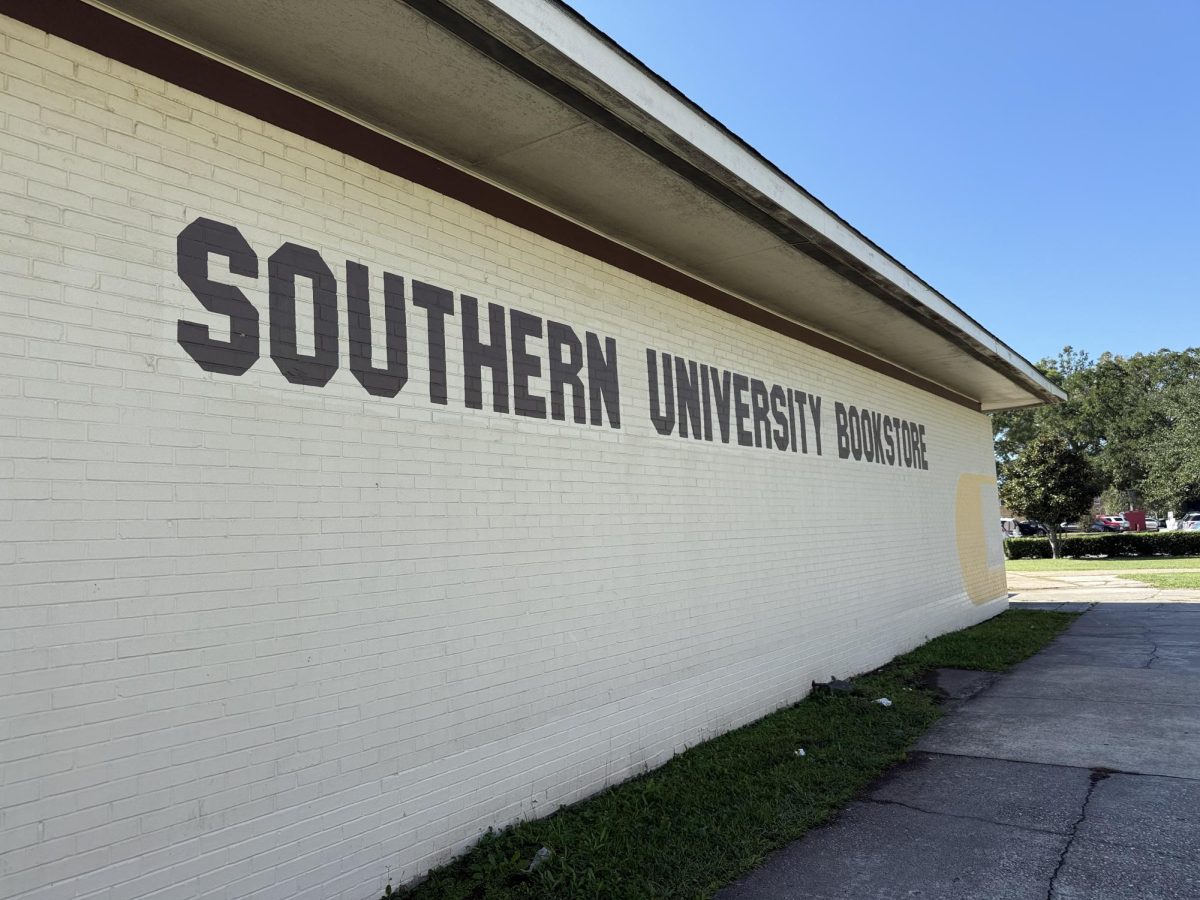Having good credit will help whenyou are buying a car, home and even employment.
“I have three credit cards; aMasterCard and two debit cards. I have my credit card just to establish creditand only use it for emergencies or I’ll make a purchase just to keep mycredit,” said Keiunte Evans, a junior music education major from Atlanta.
Credit card issuers want students’ business because they tendto be loyal to their first credit card: They keep on charging long aftergraduation, according to Lucy Lazarony for Bankrate.com.
The Public Interest Research Group,(PIRG) states that credit card companies will allow students to apply forcredit cards without jobs or income. They can apply for credit cards with ablank credit report, even without getting a loan co-signer.
They realize that parents can berelied on to pay for the student’s unpaid bills.
”My mom got me a credit card for books and emergencies andshe pays it,” said Joshua Rhone, a freshmen business management major fromGalveston, Texas. A good creditreport can be obtained by keeping a regular record of on-time bill payments.
“I had one credit card and felt thatI needed more to buy the things I wanted, so I ended up with three. I startedmissing payments because I used the cash I had for other things,” said JohnPaul Cooks, a sophomore mechanical engineering major from Thibodaux.
An average unpaid credit card billover a year is $500, and the finance charge is 20 percent. If the $20 annualfee is paid plus a $25 late fee that is about $145 paid to your credit cardcompany without paying for any of your purchases.
“It’s the cardholders responsibilityto pay attention to those stipulations, because the companies do include the consequencesfor late payments; however, the credit card companies do injustice to thecredit card holder by discretely placing the penalties of fees in small print,”said Brandon Triggs, a senior therapeutic recreation major from Patterson.
Even regular monthly payments arereported to the credit bureau. Credit reports can be destroyed, by payingcredit cards late or not paying them at all. This limits chances of obtaining more credit down the line. Problems with credit cards, such aslate or missed payments, stay in a credit report for seven years.
Credit cards are high-interest loansin disguise that allows you to borrow money up to a certain credit limit, withno fixed time to repay, as long as the minimum payment due, which is usually2-3 percent of the outstanding balance, each month, is paid. The good thingsabout credit cards are that they are convenient when you don’t have cash andare great for emergencies.
National credit cards, such as Visaor MasterCard, help build a credit report and some local department store andgas cards may not.
Banks now offer many customersenhanced ATM cards, called Visa check card that look and act a like creditcards. These ATM “debit” cards are simply using your own money out of yourchecking or savings account.
“When I use my debit card, its moneyI already have and not money I have to pay back later,” said Damien Smart, agraduate student in computer science from Baton Rouge.
Before you sign on the dotted line,make sure you understand the following facts on some typical credit card fees:
Annual Percentage Rate (APR): The yearly percentage rate of thefinance charge.
Finance charge: This is an interest charge, (can beas high as 20 percent) on the unpaid portion of the bill each month.
Annual fee: Some companies charge yearlymembership fees of anywhere from $20 to $100.
Cash advance fee: This fee is from borrowing cashfrom the company. Cash advancesusually come with higher interest rates and sudden fees.
Late payment fee: Paying late can also result inhiked interest rates.
Over-the-limit fee: When a close account has anoutstanding balance but continues to increase because interest is still beingadded.
Grace period: The time (usually 25 days) betweenwhen a purchase is made on your credit card and when that amount startsbuilding interest.
Before deciding to getting a creditcard or getting another card, ask yourself these questions before applying:
1) Ask, do I need it?
2) Next, can I afford it?
3) Am I good enough with personalfinances to at least pay off the minimum every month?
4) Even better, will I pay offthe full balance every month?
With credit card companies targetingthe college market, the convenience and buying power of credit cards areaccessible to most students.
Until students learn the realconsequences of credit cards, the best four years of their life might also bethe most costly.
For further information on choosingand using a credit card go to http://creditcardsusa.net/choosing_a_credit_card.htm.





